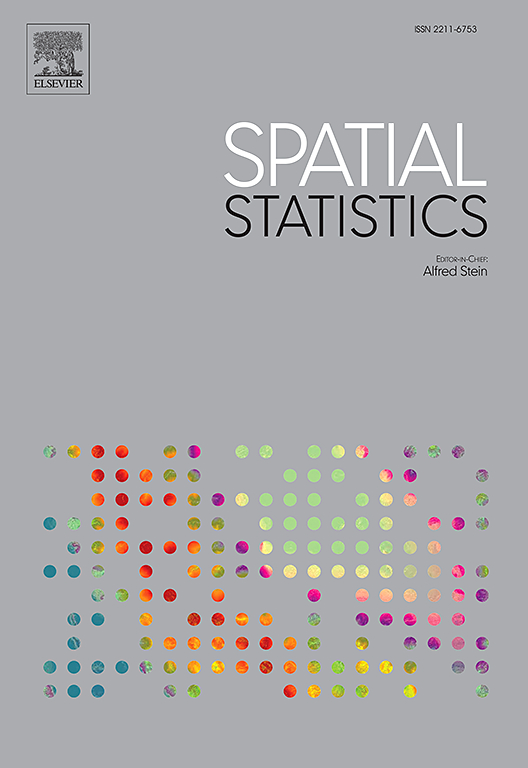Geo-additive mixed model with variable selection using the adaptive elastic net to handle nonresponse in official rice productivity survey
Abstract
This study is motivated by the nonresponse problem in the official rice productivity survey conducted by Statistics Indonesia. Handling nonresponse is essential to support the vision as a quality statistical data provider for advanced Indonesia. This study aimed to improve the quality of official rice productivity data by imputing nonresponse data using the geo-additive mixed model with variable selection. Then we simulated three nonresponse data scenarios to determine whether the imputation technique is better than the listwise deletion. The results showed that the proposed imputation model was the best-imputed model for estimating rice productivity compared to the linear regression, SVM, and geo-additive mixed models without variable selection. The proposed model outperforms other models when the data conditions experience spatial autocorrelation and multicollinearity. The proposed model had two advantages. First, variable selection using the adaptive elastic net could overcome multicollinearity problems. Second, adding the mixed geo-additive function caused the model’s residuals to have no spatial autocorrelation. We showed by simulation using empirical data that the proposed imputation method reduces bias when the nonresponse data is not random. Our methodology presents a valuable alternative for improving the quality of official statistics.

 求助内容:
求助内容: 应助结果提醒方式:
应助结果提醒方式:


